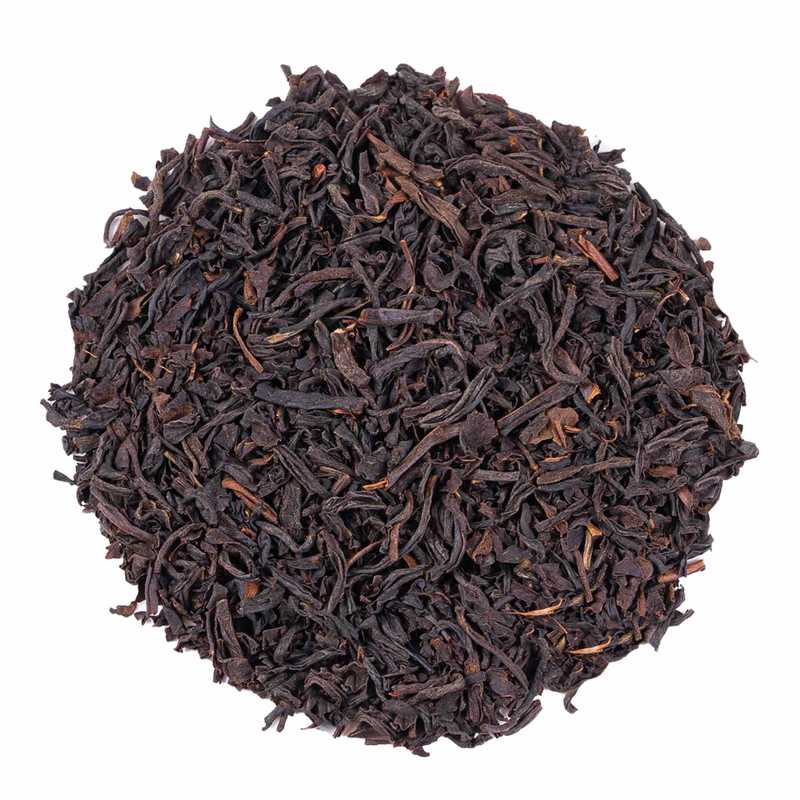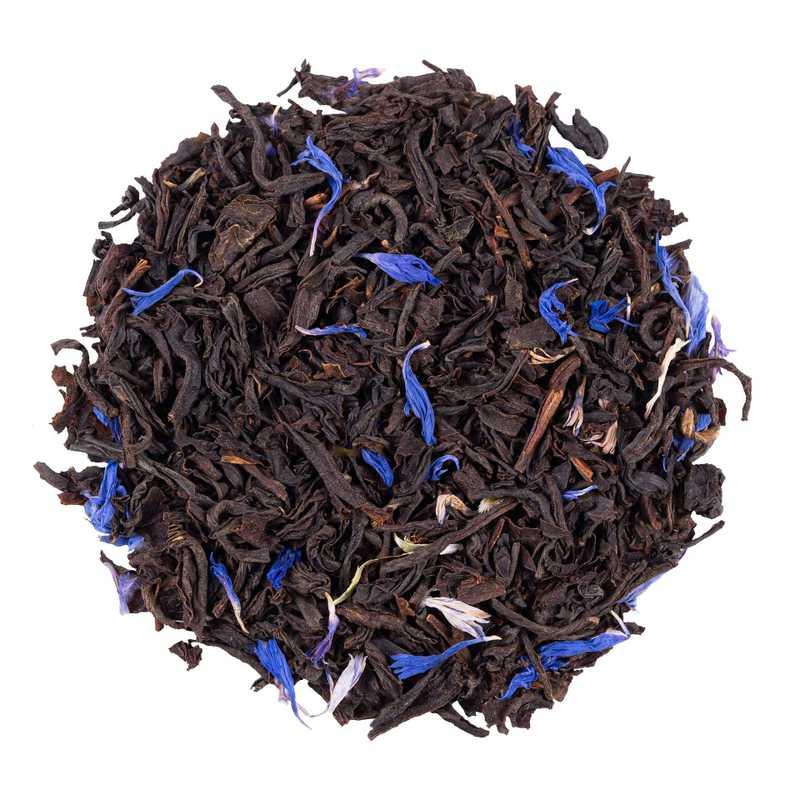India , the birthplace of some of the world's most prized tea varieties, plays an essential role in the history and culture of tea. From the foothills of the Himalayas to the vast plains of the South, each region offers unique teas, testimony to the climatic and cultural diversity of this country. This article takes you on a discovery of Indian tea, from its origins to its place in the contemporary world, including the traditions surrounding its consumption.

History and Origins
Although the history of tea in China has been well documented for millennia, India also has a rich history related to tea. Legend has it that tea was discovered by chance by a Buddhist monk who, after chewing leaves from a wild shrub to stay awake, discovered its invigorating properties. However, it was not until the mid-19th century that tea cultivation in India was systematically developed by the British, transforming the country's economic and agricultural landscape.
Tea Producing Regions
India is distinguished by its three main tea-producing regions, each offering teas with distinct characteristics:
- Assam: Located in northeast India, the Assam region is renowned for producing strong, malty black teas, perfect for breakfast. The humid tropical climate and fertile soils of the Brahmaputra Valley contribute to the unique flavor of these teas.
- Darjeeling: Nicknamed the “Champagne of teas”, this region produces light and aromatic black teas with floral and muscatelle notes. Seasonal variations greatly influence the aromatic profile of these teas, highly sought after by connoisseurs.
- Nilgiri: In the mountains of southern India, Nilgiri teas are harvested all year round. They are characterized by their delicate flavor and floral aroma, lending themselves to both hot consumption and iced tea.
Culture and Consumption
Tea in India is much more than a beverage; it is an institution. “Chai”, black tea sweetened with milk and spices (such as ginger, cardamom, cloves and cinnamon), is consumed across the country, offering comfort and warmth. This drink, served in the streets as well as in homes, symbolizes hospitality and conviviality.
Indian Tea Today
India is today one of the largest producers and consumers of tea in the world. Product diversification, including green, white and oolong teas, shows India's adaptability to changing consumer tastes while preserving its heritage. Organic tea and fair trade initiatives are also gaining popularity, reflecting growing awareness of environmental and social issues.

Indian tea, with its variety, its history and its place in people's daily lives, is a fascinating taste and cultural journey. From the robustness of an Assam to the delicacy of a Darjeeling, including the floral aroma of a Nilgiri, each cup tells a story, inviting you to discover the riches of India. By tasting these teas, we are not just savoring a drink, but we are participating in a living tradition, witness to the diversity and depth of Indian culture.
Invitation to Explore
Discover the ÔTEKA Indian tea collection and let yourself be transported by the flavors and aromas of a land rich in history and tradition. Whether you are looking for the strength of an Assam, the finesse of a Darjeeling, the freshness of a Nilgiri or the exoticism of a Chai, ÔTEKA has something unique to offer every tea lover.


